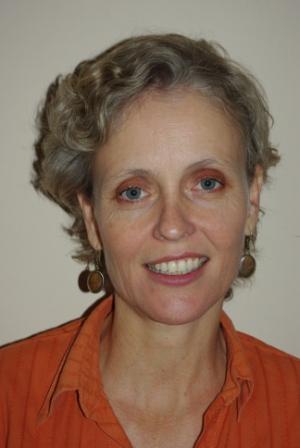
The World Health Organisation (WHO) and the South African Department of Health (DoH) commissioned Prof Catriona Macleod, Head of Department of Psychology at Rhodes University, and a team of researchers to produce two significant official documents that will be used in the DoH’s comprehensive preventive and promotion efforts with regard to reproductive health among young women.
The first of the documents is a comprehensive review of South African research on teenage pregnancy. This document, together with a further review of interventions reported on globally, input from key stakeholders and consultative meetings with learners from a range of schools, formed the foundation of the second document entitled Strategy Framework. Sexual and reproductive health among adolescents: comprehensive prevention and promotion strategies.
Prof Macleod has, according to Dr Peter Clayton, the Deputy Vice-Chancellor: Research and Development, brought considerable kudos to Rhodes, as the University’s logo appears alongside that of the WHO and the National DoH on two significant documents that will be used in the operational plans to be developed around reproductive health services for young women.
Prof Macleod confesses to being somewhat surprised when she was approached by these bodies, as she has not actively sought to play a consultant role. The WHO approached Macleod on the basis of having come across her academic publications, which shows, according to Macleod, that academic publications are not only read by “grey academics”.
In line with international trends, current South African policy and plans identify sexual and reproductive health as a key priority for health intervention.
Prof Macleod, who has written extensively in the critical psychology of teenage pregnancy and who is author of the upcoming book ‘Adolescence’, pregnancy and abortion: constructing a threat of degeneration, was influential in getting the DoH to adopt a nuanced and critical approach to understanding ‘adolescent pregnancy’ in context.
She was also influential in getting the DoH to adopt the human rights-based perspective that underlies much of South Africa’s legislation and policy for youth sexuality and reproduction.
Aside from the reputational benefits for the University and Prof Macleod in the academic arena, there is the added satisfaction of contributing to strategies that address pressing social problems.
“It is gratifying when our research outputs influence policy and strategy,” said Dr Clayton.
Pic: Prof Catriona Macleod.
